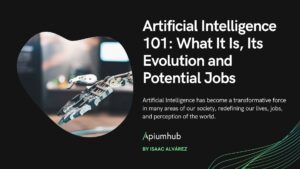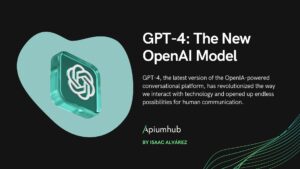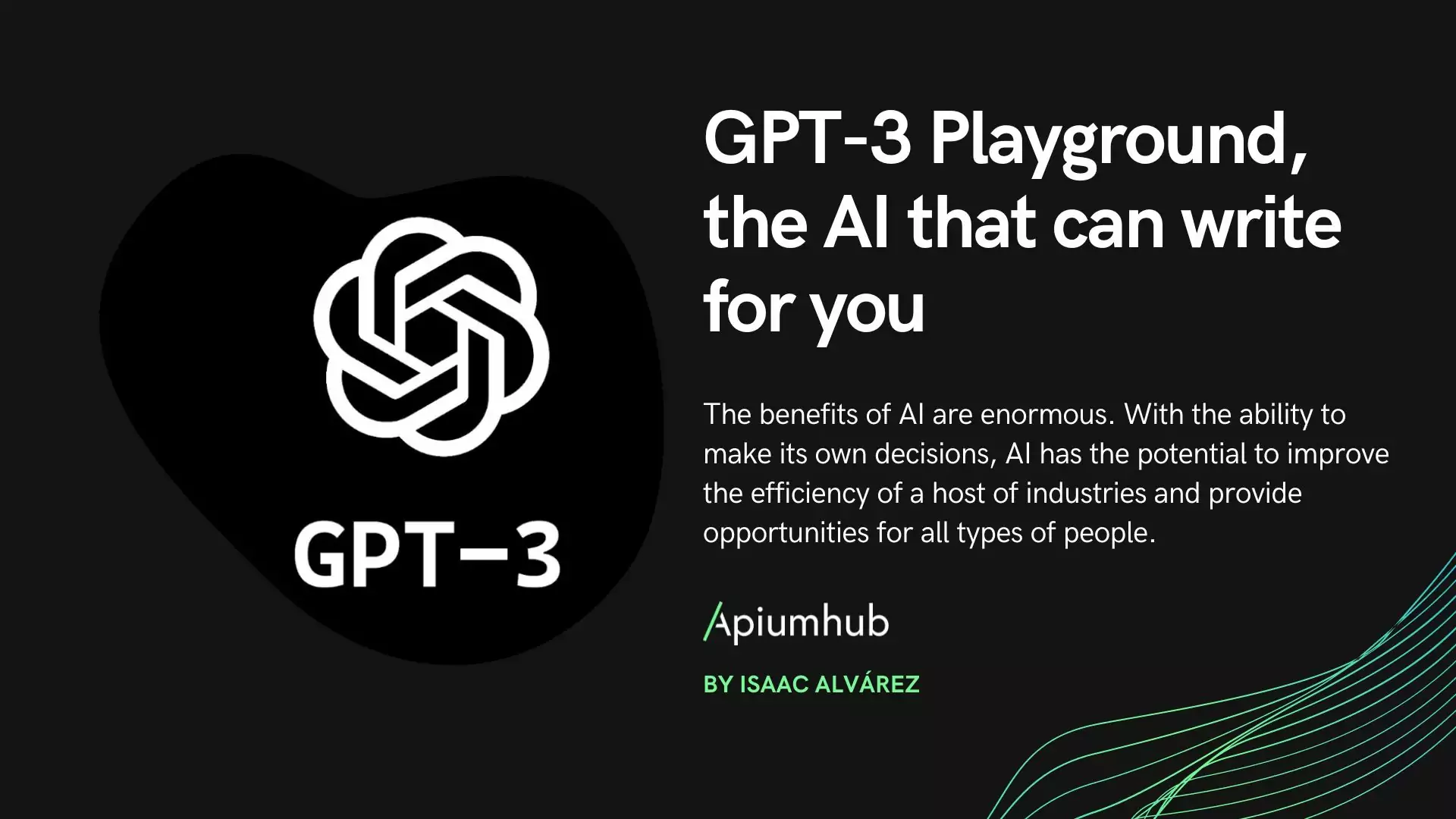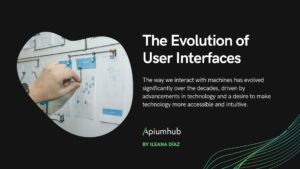Table of Contents
Introduction
The Internet of Things (IoT) is not just a buzzword; it’s a transformative technology that has been reshaping our world for the past few decades. In essence, IoT is a network of interconnected devices and objects equipped with sensors, software, and communication capabilities, enabling them to collect and exchange data.
The Internet of Things (IoT) has become a disruptive force, revolutionizing how we interact with technology and transforming our living spaces and urban landscapes. IoT has paved the way for smart homes and cities, making them more efficient, sustainable, and interconnected than ever before.
Through interconnected devices and sensors, IoT enables seamless communication and data sharing, leading to the creation of smart homes and cities.
This article delves into the development, current state, and prospects of IoT, a technological revolution that has profound implications for various industries and our daily lives. Also, we will delve into the role of IoT in shaping the future of smart homes and cities, exploring its benefits, challenges, and potential impact on our daily lives.
Development of the Internet of Things
Early Beginnings
The concept of IoT dates back to the early 1980s, when a group of researchers at Carnegie Mellon University developed the world’s first Internet-connected device—a Coke machine rigged to report the availability of cold drinks. This rudimentary experiment laid the foundation for what would become the IoT.
Proliferation of Devices
The real growth of IoT began in the 21st century, driven by several key factors: the miniaturization of sensors, the availability of low-power communication technologies (like Wi-Fi and Bluetooth), and the decreasing cost of hardware components. These developments made embedding sensors and communication capabilities into a wide range of everyday objects feasible.
Internet of Things in Various Industries
IoT has made a significant impact across industries, such as agriculture (precision farming), healthcare (remote patient monitoring), manufacturing (smart factories), transportation (connected cars), and smart cities (efficient urban management). These applications have not only improved efficiency and productivity but have also opened up new possibilities for innovation.
Data Explosion
One of the central aspects of IoT is data. With billions of connected devices generating data continuously, the IoT has ushered in an era of big data on an unprecedented scale. This data can be harnessed for real-time decision-making, predictive analytics, and machine learning, driving innovation across industries.

The Current State of the Internet of Things
Connectivity Standards
IoT’s growth has led to the development of various connectivity standards, such as MQTT, CoAP, and LoRaWAN, designed to accommodate different use cases and network requirements. These standards facilitate interoperability and ensure that devices from different manufacturers can communicate seamlessly.
Security Challenges
The proliferation of IoT devices has also brought forth significant security challenges. Many IoT devices have weak security measures, making them vulnerable to hacking and privacy breaches. Addressing these security concerns is paramount to the continued growth and adoption of IoT.
Edge Computing
To process the vast amount of data generated by IoT devices efficiently, edge computing has emerged as a key technology. Edge devices and gateways enable data processing closer to the data source, reducing latency and bandwidth requirements.
IoT and AI
Artificial intelligence (AI) and machine learning are integral to the IoT, enabling devices to analyze data, make decisions, and adapt in real time. Combining AI with IoT opens new possibilities for automation, predictive maintenance, and personalized services.
Examples and some advantages of IoT in our lives
Smart homes: revolutionizing everyday life
The concept of smart homes revolves around the seamless integration of various devices, appliances, and systems through IoT technology to create a more connected, convenient, and intelligent living environment.
Smart cities: building sustainable and efficient urban spaces
Beyond the confines of individual homes, IoT has expanded its influence to transform entire cities into interconnected, intelligent entities. Smart cities leverage IoT technology to optimize infrastructure, improve services, and improve the overall quality of life for their residents.
Smart transport: IoT sensors installed in public transport and road systems enable real-time data collection, traffic management, and efficient route planning. Smart traffic signs adjust based on traffic flow, reducing congestion and minimizing travel times. Electric vehicle charging stations, GPS-enabled public transport, and smart parking systems further contribute to sustainable mobility.
Energy management: IoT plays a fundamental role in optimizing energy consumption in smart cities. Smart grids enable real-time monitoring and control of energy distribution, promoting efficient energy use and facilitating the integration of renewable energy sources.
Waste management: Smart garbage bins equipped with IoT sensors detect fill levels, allowing waste collection to be programmed dynamically. This reduces unnecessary travel and contributes to a cleaner and more environmentally conscious city.
Environmental monitoring: IoT-enabled sensors track pollution levels, air quality, and weather conditions, enabling rapid responses to environmental issues and supporting sustainable urban planning.
Data privacy and security considerations
As smart homes and cities generate vast amounts of data, data privacy and security become critical concerns. Safeguarding personal information, preventing unauthorized access, and ensuring data encryption are vital aspects of IoT implementation. Governments, businesses, and individuals must collaborate to establish robust security protocols and policies to protect citizens’ privacy and prevent potential cyber threats.
Interoperability is another crucial aspect. With the proliferation of IoT devices from various manufacturers, ensuring seamless communication and compatibility between different devices and platforms is essential for a truly interconnected ecosystem.
Conclusions
The Internet of Things has evolved from a simple experiment with a vending machine to a global network of interconnected devices that touch nearly every aspect of our lives. Its impact on industries, from healthcare to agriculture to transportation, cannot be overstated. IoT has brought unprecedented connectivity, automation, and data-driven decision-making to the forefront of our technological landscape.
However, as IoT continues to grow, it faces significant challenges, especially concerning security and privacy. Addressing these challenges is vital to ensuring that the benefits of IoT can be fully realized without compromising our data or safety.
Looking forward, the future of IoT promises even greater connectivity, intelligence, and integration with other emerging technologies like 5G and blockchain. As IoT continues to evolve, it will continue to shape our world, enabling us to build smarter, more efficient, and more sustainable systems for the benefit of society and the planet.
Author
-

I am a Computer Engineer by training, with more than 20 years of experience working in the IT sector, specifically in the entire life cycle of a software, acquired in national and multinational companies, from different sectors.
View all posts









